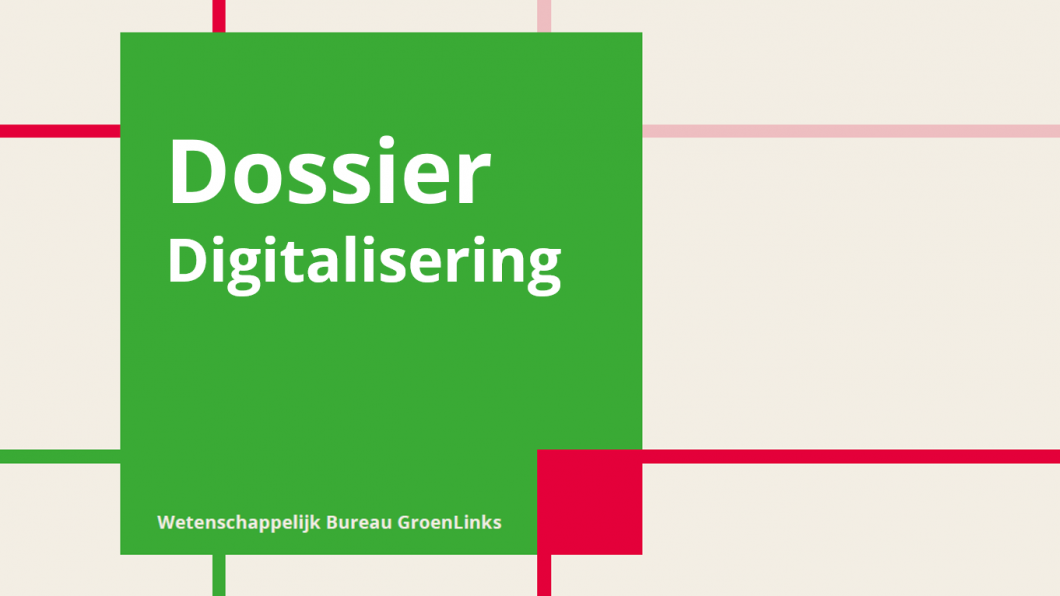Mensen maken technologie, maar technologie maakt ook de mens. Technologische innovaties veranderen ons leven, onze maatschappij en zelfs onze ethiek. Daarom kunnen we de ontwikkeling van nieuwe technologie niet overlaten aan ingenieurs en managers. Welke besluiten mogen door algoritmen genomen worden, in plaats van door mensen? Van wie zijn de gegevens die door slimme sensoren op straat verzameld worden? Vertrouwen we de zorg voor ouderen toe aan robots? Die vragen gaan ons allemaal aan. Nieuwe technologie vereist publiek debat en democratische sturing.
Veel gemeenten willen smart cities worden, koplopers in het grootschalig gebruik van data en slimme informatietechnologie. Vaak gaat het om technologie die kan waarnemen, besluiten nemen en handelen: van sensoren tot algoritmen en robots. Voor lokale politici is het niet zo gemakkelijk om bij te houden welke technologie er in en door hun gemeente wordt ingezet, laat staan om de voor- en nadelen af te wegen voordat de technologie een voldongen feit is.



